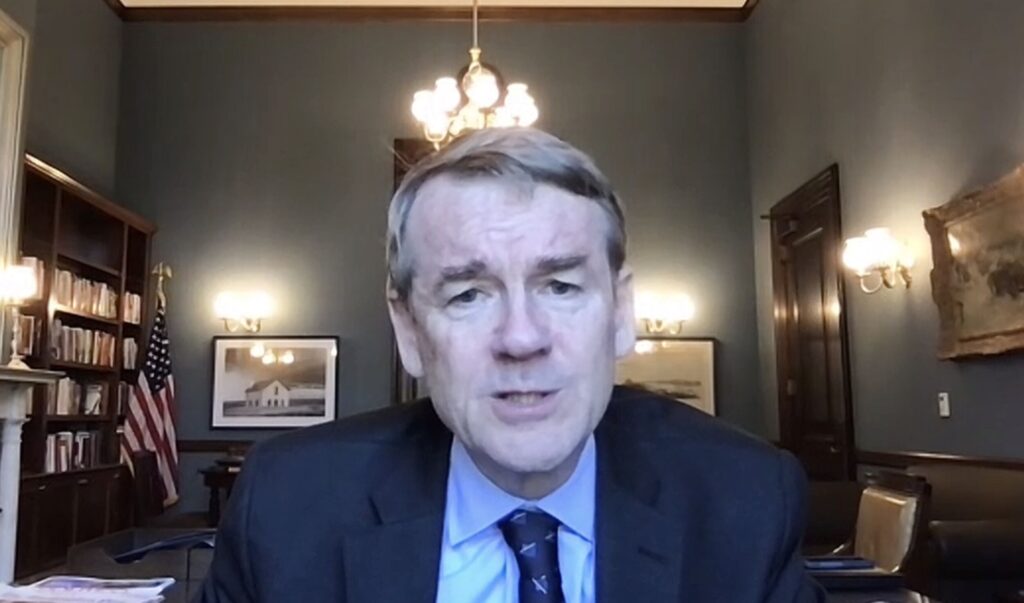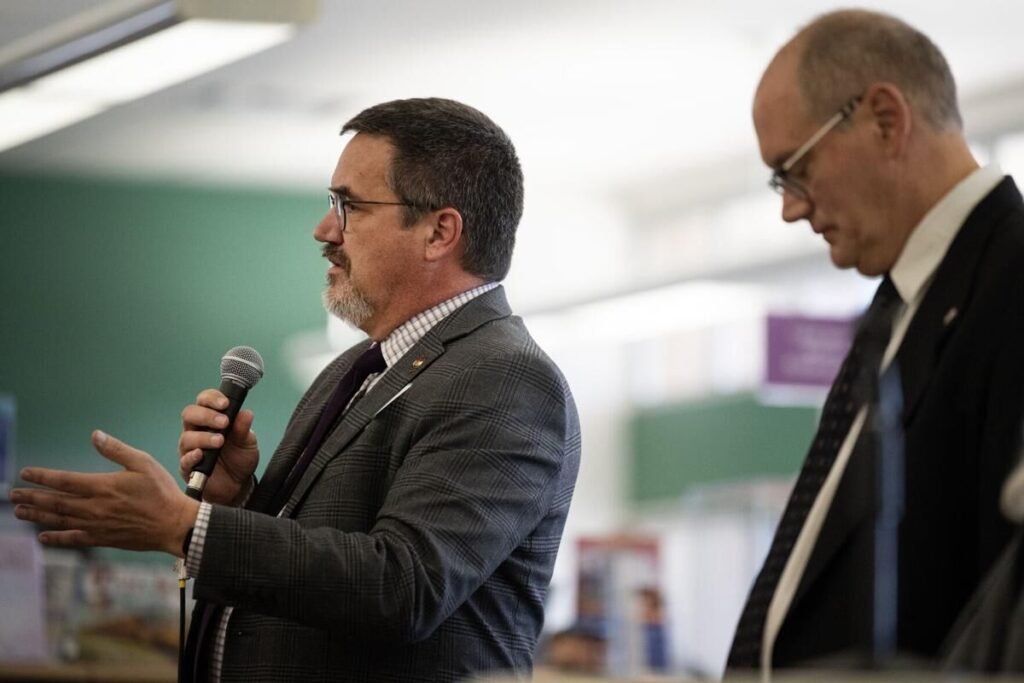Insights: News blackout at EPA only added insult to injury in wake of Gold King spill
News this week that President Donald Trump ordered what amounted to a temporary media blackout of the EPA nearly made me blackout.
Before joining ColoradoPolitics.com in November, I worked for a little more than two years at the Durango Herald, an amazing paper in southwest Colorado with a newsroom that punches well above its weight.
I spent more than a year covering the twists and turns of the August 2015 Gold King Mine spill, in which an error by the EPA caused about 3 million gallons of mustard yellow mining sludge to pour into the Animas River. The contaminated water flowed into New Mexico and Utah.
The incident was described as “catastrophic,” shutting down the Animas in beautiful Durango for more than a week, as water quality was tainted by toxic heavy metals such as lead and copper. Rafting companies lost business, farmers were afraid to water their crops and Native Americans were distraught that sacred water was polluted. The river is considered the “lifeblood” of the region.
It was not the EPA’s finest moment.
What happened is that an EPA-contracted team failed to test water pressure by drilling into the mine, which is located near Silverton. It was a terrible accident, which the EPA owned up to. But it was just that – an accident.
The EPA was there in an effort to do the right thing. The leaking mine was the result of a long legacy of mining activity in southwest Colorado dating back to the late 1800s. Owners left mines in the area without cleaning them up. They simply plugged the entrances and hoped for the best.
A blowout was inevitable – something the EPA was aware of – which is what brought the agency and state officials to investigate reclamation efforts at Gold King. It didn’t help that federal mining laws have barely been updated since 1872.
For the most part, people understood that the EPA had good intentions, and that the agency did not purposely cause the spill. Congress was a different story. Republicans immediately used the spill to attack the EPA.
But the EPA didn’t do itself any favors to insulate the agency from these attacks. The response in the immediate aftermath of the spill was widely regarded as insufficient. The agency was relentlessly criticized for its slow communications in notifying the public and responding to the spill, and the Durango and Silverton communities were livid.
The criticism was so bad that in the wake of the spill, the EPA created a national team to assist with emergencies, started new trainings and made changes to its communications plans. It was a responsible move by the agency, but it was largely overlooked because the anger stemming from the initial poorly handled communications strategy overshadowed the progress.
So, you can imagine my surprise when I heard this week that President Trump started his administration by blocking the EPA from communicating with the public.
Before I go any further, I should point out that it appears that the EPA blackout, which also included temporarily freezing grants and contracts, is being resolved. Gov. John Hickenlooper on Thursday received word that grants would move forward, which means that a level of communication is starting to take shape.
It should also be noted that it’s not terribly unusual for a new president to curb communications while the administration gets a handle on its messaging.
But choosing to gag the EPA right out of the gate might not have been the most prudent move, according to Republican and Democratic state leaders ColoradoPolitics.com interviewed this week.
For one thing, the governor’s office was left completely in the dark. They new that there was an order to freeze grants and contracts, but they couldn’t get any details. It caused a level of anxiety that the governor’s office said could have been avoided. On the line was $28 million in annual federal funding.
It’s also the optics of the situation. Given the fact that the EPA was so heavily criticized for its poor communications strategies, it was an interesting decision by the Trump administration to largely block the agency from communicating at all – even temporarily.
I experienced it firsthand. Over the course of my Gold King Mine coverage, I developed close sources within the EPA, both in Denver and Washington, D.C. While on-the-record statements usually needed to be approved by Washington, D.C., EPA spokespeople felt comfortable speaking with me off the record to offer me context and background. It’s a critical relationship for a reporter to have, as off-the-record conversations can offer important insights.
But when I reached out to these sources in the aftermath of Trump’s gag order, they were reluctant to speak with me. Some said candidly that they were “not comfortable.” It was a departure from just last week, when I had a lengthy conversation with EPA staff in Denver about what an administrative transition might look like for the agency’s work in Colorado.
Seemingly overnight, Trump’s directive had a chilling effect on the agency’s communications.
Going forward, it’ll be interesting to see how this evolves. Could the directive have set a tone that will be hard to turn back? Or, once the transition smooths out, will the agency be free to again communicate with the media and the public in a way that continues to build on lessons learned from the Gold King Mine spill?
I guess we’ll find out.











